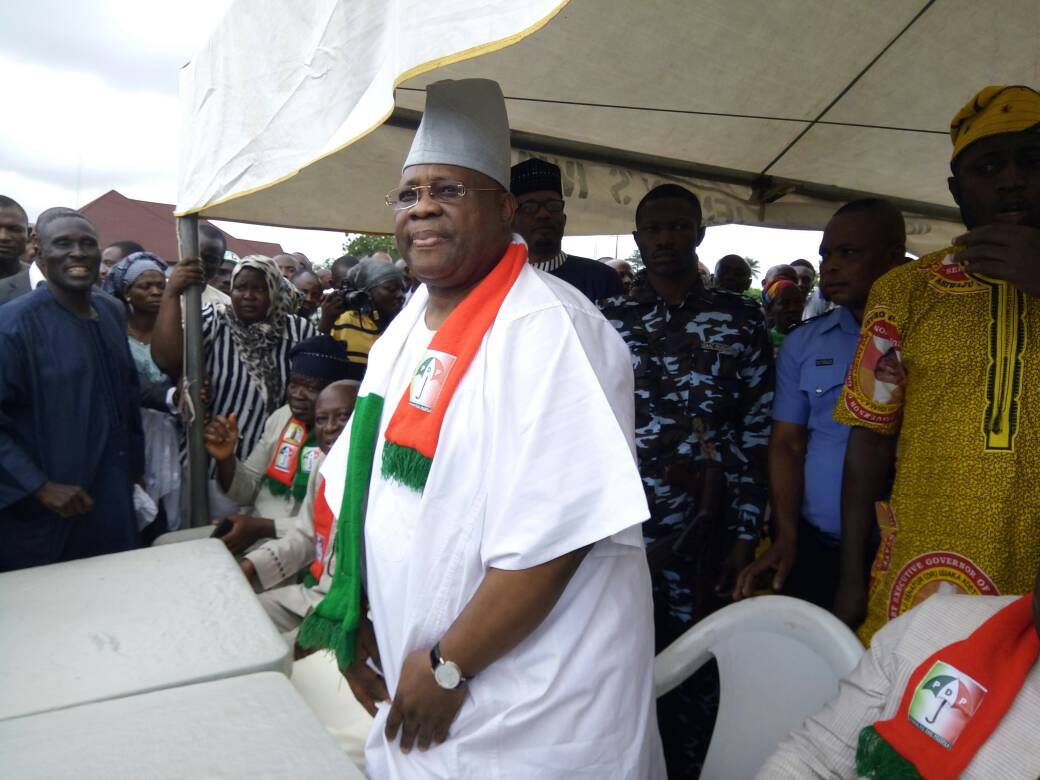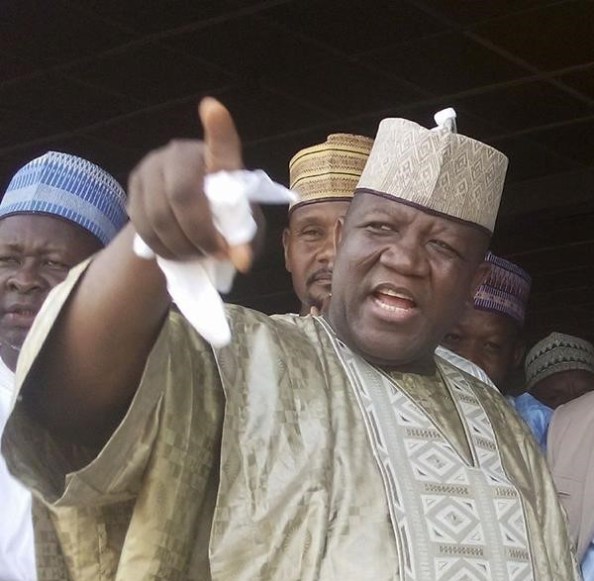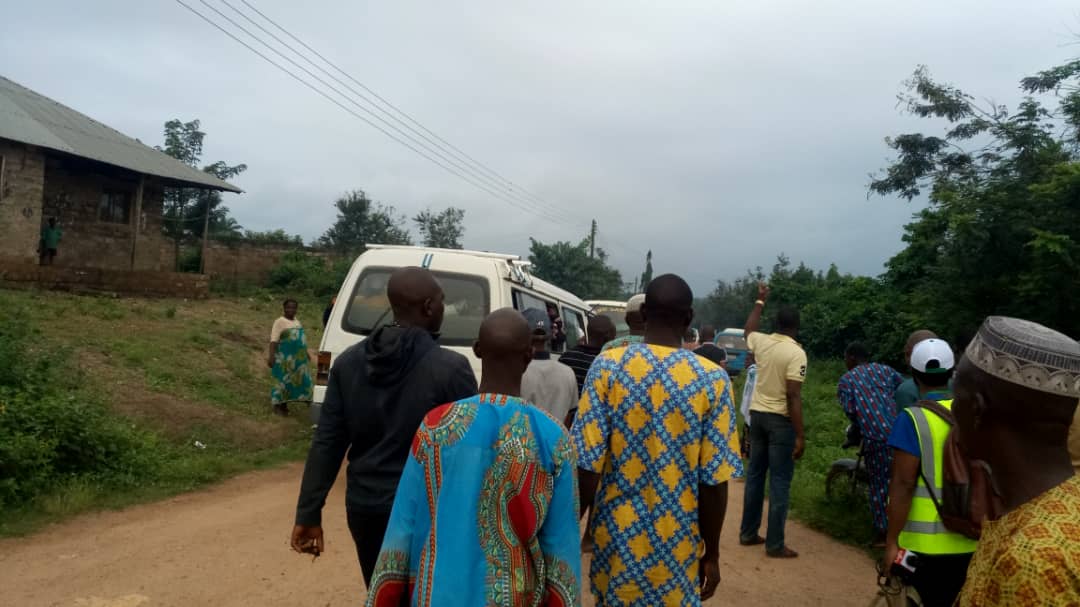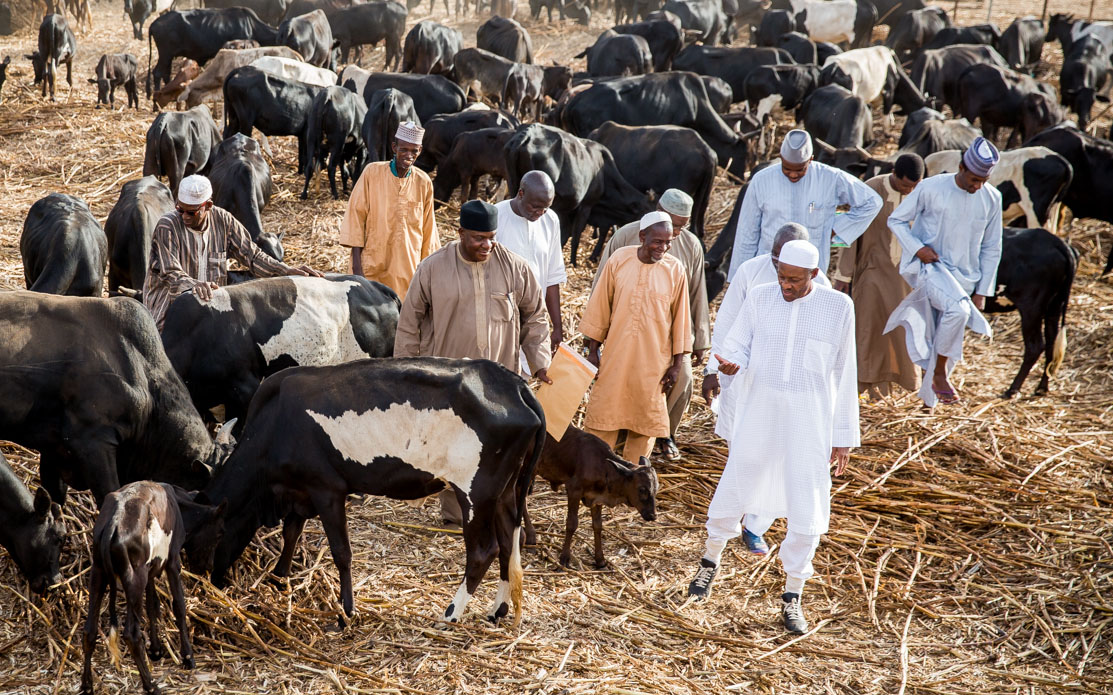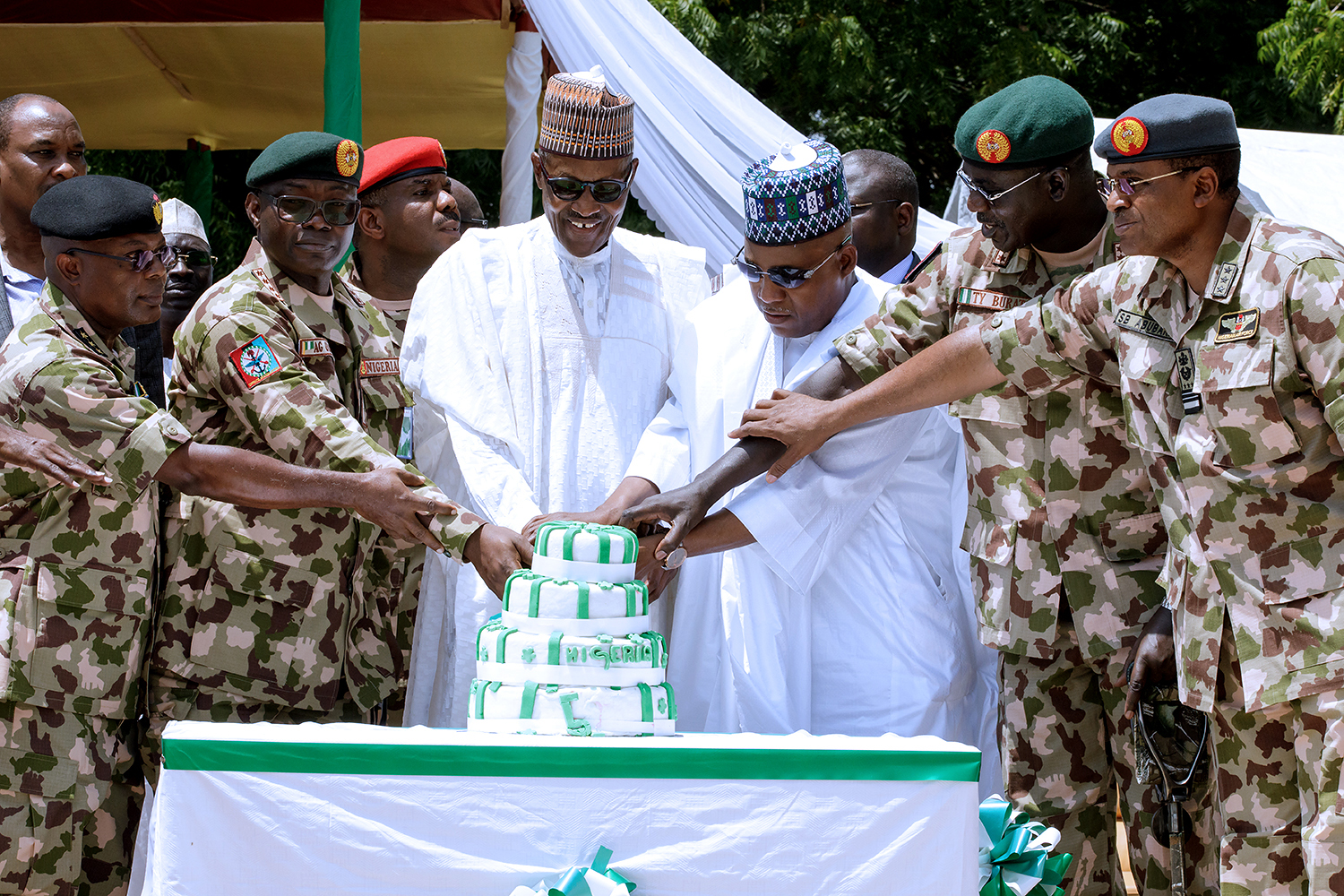If the People’s Democratic Party (PDP) had its way, its candidate in Saturday’s governorship election in Osun State, Ademola Adeleke, would have been declared governor that day.
The party is so upset with the decision of the Independent National Electoral Commission (INEC) to declare the election inconclusive, that it has threatened dire consequences should the result go the other way.
Adeleke scored 254,698 votes, giving him 353 votes more than his main rival and candidate of the All Progressives Party, GboyegaOyetola. But 3,498 potentially consequential votes were unaccounted for. Yet there are those who insist that by simple majority, Adeleke should have been declared winner. Why is INEC wasting time?
As the parties return to the seven polling units in the four local councils that will finally decide the election, it appears that it is not only PDP that wants Adeleke declared winner, anyhow.
Advertisement
In the run-up to the election, the ruling APC had been so weakened by defections and fragmented by infighting that it seemed to be working hard not just to invite its own defeat but also to receive it on a red carpet.
Last Saturday, the aggrieved leavers and thousands of their supporters did not care about the incomplete process; they didn’t want to win, they would have been pleased if Adeleke was announced winner on that first ballot.
Perhaps, a substantial number of civil servants (especially between levels 8 and 17) in Osun felt that way, too. Two weeks to the election they were still being owed salaries of between 24 and 30 months and only the last-minute life-line of N16.7billion by the Federal Government closed the gap to an average of 18 months, depending on the level.
Advertisement
For eight years, Governor Rauf Aregbesola had tried to reset things, bringing to his job the zeal, energy and honesty that he is known for. He invested massively in infrastructure, especially in the state capital, Osogbo. He also tried to rebrand the state and transform it into an agricultural hub while strengthening its linkages with other markets in the Southwest, especially Lagos.
At the same time, he poured state funds into various youth empowerment programmes and tried to frog-leap the state into a digital park of sorts. Regrettably, where hard-headed economic consideration might have saved the state from misery down the road – especially when funds began to dry up – Aregbesola didn’t let economics get in the way of his passionate populism. His intentions were noble and his courage unwavering, but he had spread himself too thin.
Despite Aregbesola’s effort to persuade voters that Oyetola will pick the slack, they seemed to have had enough, preferring instead, a man whose public life so far is cringeworthy and whose closet is breaking at the seams with baggage.
It’s difficult to imagine that the Osun (and part of the old Oyo) of OmololuOlunloyo, Bola Ige and Bisi Akande will find itself at this crossroads.
Advertisement
From the look of things, for swathes of Osun civil servants, announcing Adeleke’s victory, right or wrong, would have been well worth more than their salary and pension arrears and a just rebuke for Aregbesola and his strongest supporter and national leader of the APC, Bola Ahmed Tinubu.
It doesn’t stop there. For a good number of people outside Osun, Saturday was a referendum on the APC Federal Government. While Abuja is absolutely convinced that it is doing its best to make life better for Nigerians, an increasingly skeptical and frustrated public can barely find the evidence in their daily lives.
If in spite of the patient, the doctor insists that the treatment is excellent, and yet the patient is not getting well, then there’s a problem. Keep in mind that this is the same Osun which defied its party then, the Action Congress of Nigeria, and voted for Nuhu Ribadu in the 2011 presidential election, when much of the Southwest toed the party line and voted for former President Goodluck Jonathan.
In a dramatic turn of events, that same state, Osun, appears to have turned against Nuhu Ribadu’s current party and swathes of people left behind across the country do not need Abuja to interpret the tea leaves. The feeling is that losing Osun, by hook or by crook, would be the clearest message yet to APC that it is not doing well.
Advertisement
But the elections would have to be concluded first – and not just concluded, concluded according to the law. No matter how badly Adeleke’s supporters and sympathisersmay want him to get over the line, he can’t be assisted to do so by breaking the rules.
There are those who have smelt victory and can almost touch it. They cannot wait for Adeleke to be declared winner even though INEC has shown that doing so after the Saturday poll would be breaking the law.
Advertisement
The Electoral Act provides three scenarios where an election may be declared inconclusive: a) where none of the candidates achieve the required spread; that is, 25 per cent in two-thirds of the states in the case of a presidential election, or 25 per cent in two-thirds of the local councils in the case of a governorship election, b) in case of widespread and consequential violence, or c) in a case where the difference in the cancelled ballot is more than the difference in the votes between the leading candidate and the next candidate.
Adeleke’s supporters may still prepare to carry him on their backs over the finish line, with Davido supplying background music. But it’s not the first, second or even third time INEC would be declaring inconclusive elections on account of consequential marginal differences between leading candidates.
Advertisement
In the Imo State governorship election in 2015, RochasOkorocha (APC) scored 385,671 votes; while Emeka Ihedioha (PDP) scored 306,142 votes, with a difference of 79,529. But 144,715 votes, which could have altered the balance, were cancelled. AttahiruJega, who was the INEC chair at the time, declared the election inconclusive, a decision that was hailed by the ruling PDP then.
The same scenario repeated itself in the Anambra Senatorial election between Dora Akunyili (APGA) and Chris Ngige (ACN) in 2011; in the Kogi governorship election in 2015; and in the Taraba and Bayelsa governorship elections in the same year. In all the instances, the cancelled votes were greater than the margin of the difference between the vote of the leading candidate and the vote of the next candidate.
Advertisement
Of course, Mahmood Yakubu’s INEC has a role to ensure that elections are properly and transparently concluded on schedule. But we must concede that it has come a long way from the time when 80 election results were nullified by the courts from the 2015 general elections alone to only three court-ordered cancellations out of 178 conducted as at February this year on his watch.
While we continue to insist that INEC must do more, politicians and law enforcement agencies have to raise their game. They won’t if citizens don’t hold them to higher standards. Every inconclusive election – whether caused by man or machine – must be fully and transparently investigated and the results published, with the names and photos of those involved and the party or parties they represent.
In the Osun poll, for example, the disruption in three polling units in Orolu local council (stronghold of deputy House of Representatives Speaker Yusuf Lasun), was instigated by party agents on the orders of their paymasters who were also reportedly playing deadly number game as they scavenged for votes from their situation rooms as the final figures were streaming in.
Unless and until electoral offenders are punished – whether they are foot soldiers, party henchmen, security or electoral officials – we would continue to have disputed election results.
There’s no point scapegoating INEC or pressing it to announce defective results. Flawed elections, even when they’re conclusive, will only produce illegitimate public officers.
Ishiekwene is the managing director/editor-in-chief of The Interview and member of the board of the Global Editors Network.
Views expressed by contributors are strictly personal and not of TheCable.
Add a comment

